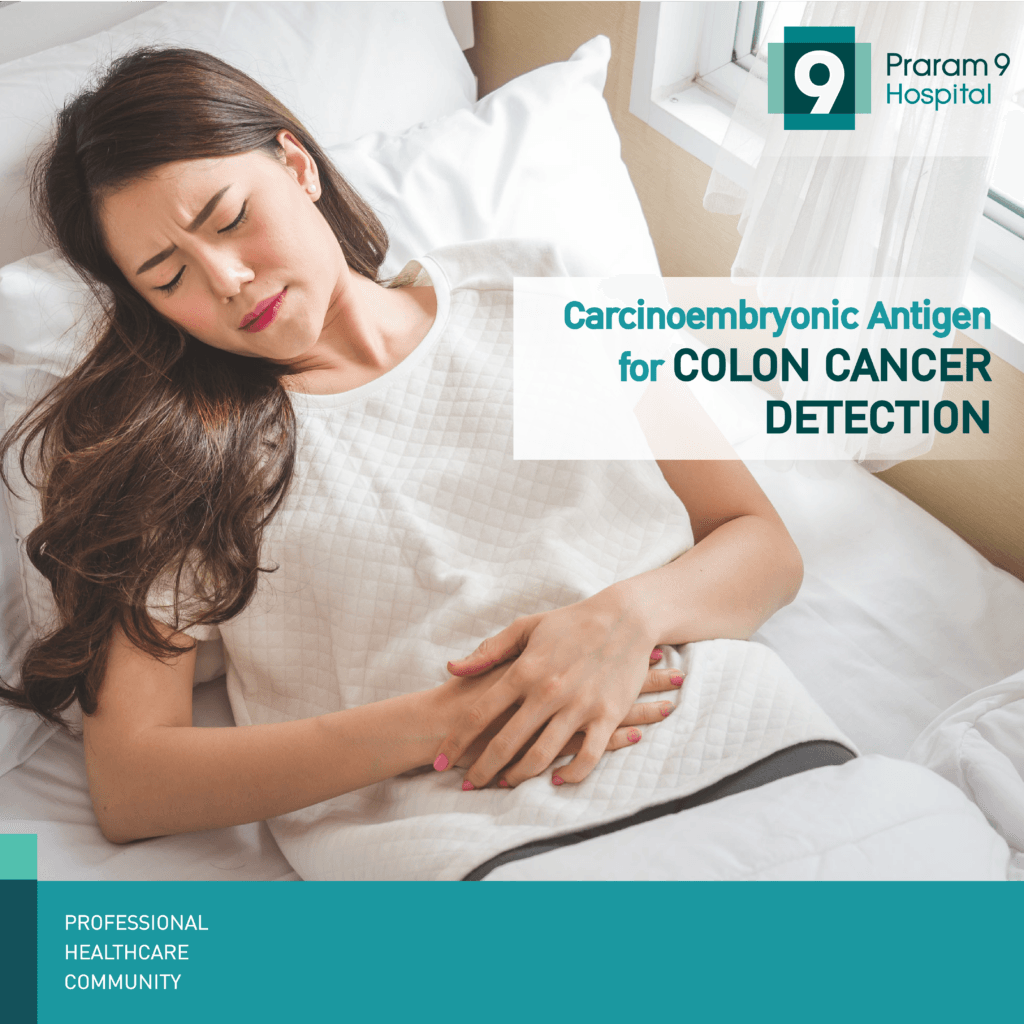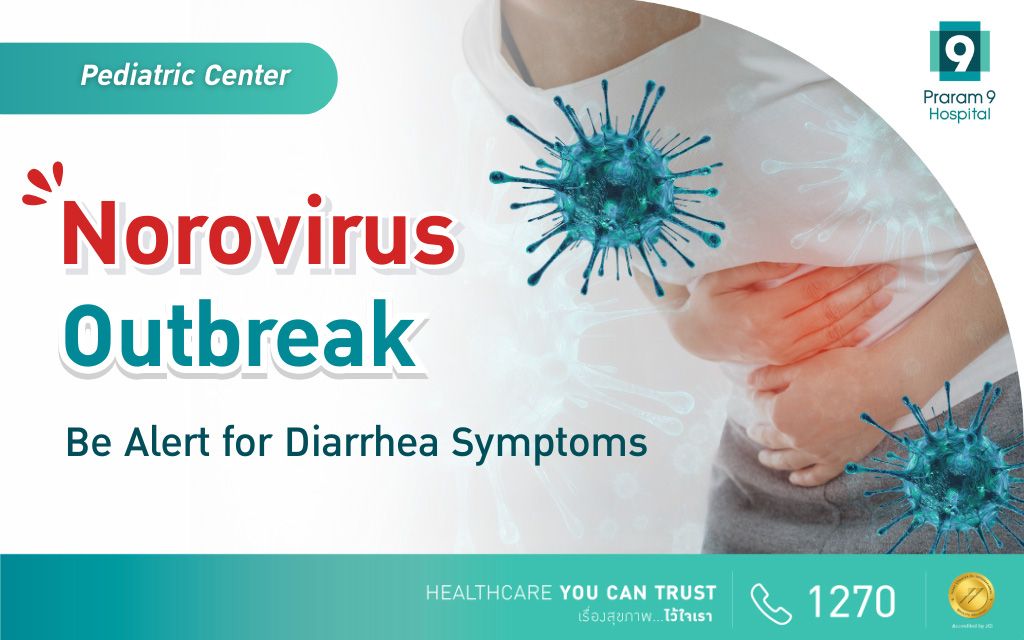Health Articles
Knowledge
Carcinoembryonic Antigen for colon cancer detection

Carcinoembryonic Antigen for colon cancer detection
In south east Asia countries, it is found that the number 3 cause of death among men and number 5 among women can be attributed to this illness, colon cancer, and the recent trend suggest that it is on the rise. This is due to the increase in food trend leaning towards grilled food, bar-be-que and fatty meat more than leafy vegetables and the lack of exercise does not help either. However, we have not yet identified the exact cause of colon cancer.
Carcinoembryonic Antigen
CEA, Carcinoembryonic Antigen, is a type of protein that can be found in our body through blood test but it is not specific to any type cancer of any organ. This protein can be found in various cancer that is related to organ such as colon, breast, lung, liver and pancreas. On average, high level of CEA is detected in 40-80% of patients with cancer mentioned above, however, it can more frequently found at a high level in patients with colon cancer.
When the condition has caused the patient to experience symptoms such as a lack of appetite, extreme weight lost, anemia, difficult passing stool, indigestion, diarrhea or blood mixed with feces, patients should beware of the potential cause of these symptoms coming from latter stage of colon cancer which is difficult to treat effectively.
Detecting the cancer via CEA method
CEA test is a method of a blood test that is used to identify CEA produce by the cancer cells in the blood stream. Usually, the level of carcinoembryonic antigen is very low in the blood of adults. This method can detect abnormally high level of CEA in smoker, colon, stomach and breast cancer patients. Usually CEA can be considered as a general risk test for cancer, although having high level of CEA does not necessary indicate a present of tumor, which is the limitation of this method. Despite its limitation, this method can be perform quickly and easily and may be use as the first method to not only screen for colon cancer but other cancers including breast, lung, pancreatic, stomach, liver and ovarian cancer.














